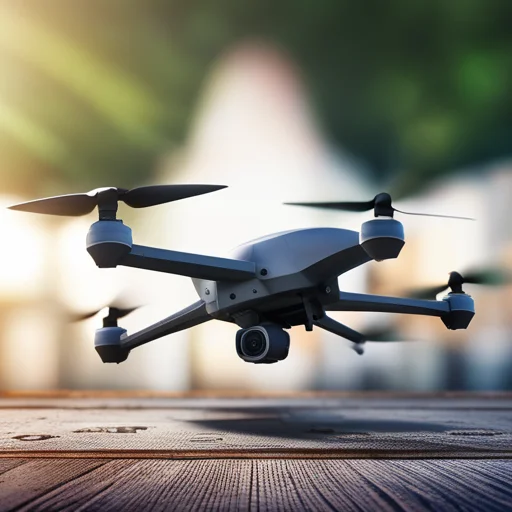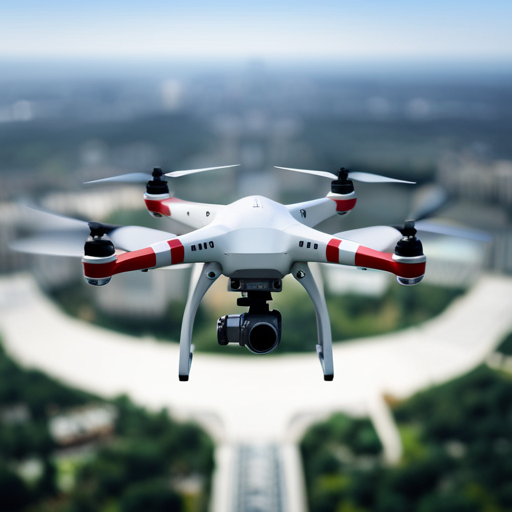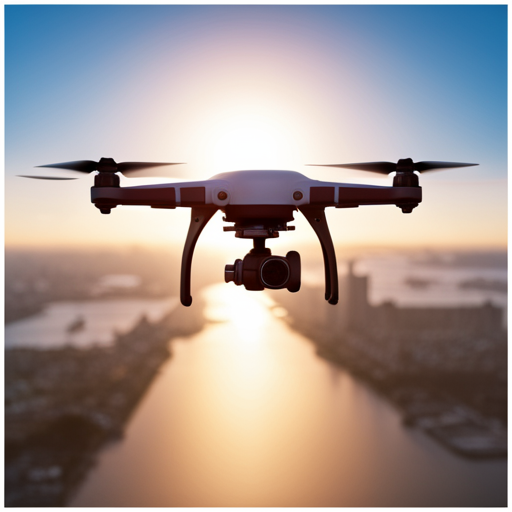What Are the Legal Requirements for Counter-Drone Equipment?
2025-04-03
The acquisition and operation of counter-drone technologies are subject to strict regulatory controls that vary by jurisdiction. In most countries, radio frequency jamming devices require special licenses from telecommunications authorities, with users needing to demonstrate legitimate need and technical competence. The specific frequencies, power levels, and operational parameters must comply with national radio spectrum regulations, as unauthorized signal interference constitutes a serious offense. Physical interception systems often fall under aviation security regulations, typically restricted to authorized government entities like law enforcement or military organizations. Even private security firms usually require special permits to deploy such equipment. For individual users, most jurisdictions prohibit possession of active counter-drone devices, though passive detection systems may be permitted without special authorization. International trade in counter-drone technology frequently involves export controls, particularly for systems with potential military applications. Organizations considering counter-drone solutions should consult with legal experts specializing in telecommunications law, aviation regulations, and international trade compliance to ensure full adherence to all applicable laws, which continue to evolve alongside the technology itself.
Related News
Where Is Counter-Drone Technology Heading?
2025-04-03
+
How Do Counter-Drone Systems Actually Work?
2025-04-03
+

















